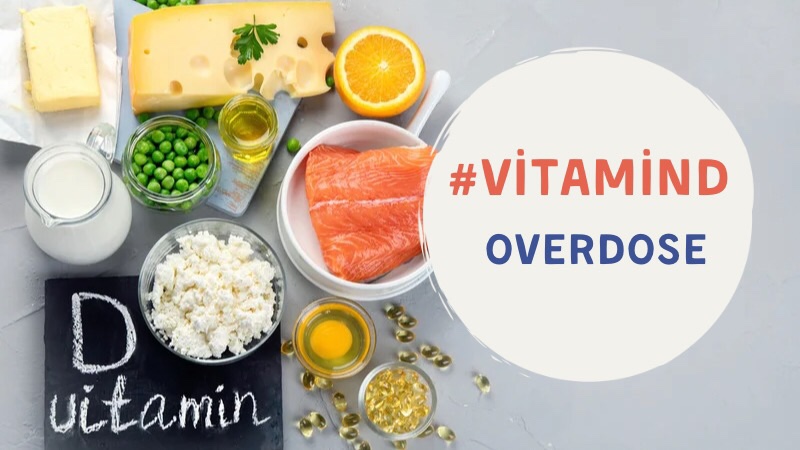Vitamin D Overdose: Is It Harmful and What Are The Consequences?
While vitamin D is an essential nutrient for many of the body’s functions, it’s crucial to remember that it is possible to have too much of a good thing. Overdose or toxicity from vitamin D, although rare, can lead to serious health problems.
Vitamin D toxicity, also known as hypervitaminosis D, is generally the result of excessive doses of vitamin D supplements over a long period, not through diet or sun exposure. The body regulates the amount of vitamin D produced from sunlight, and it’s difficult to consume too much vitamin D from food unless you take more than the recommended amount daily for several months.
The main consequence of vitamin D toxicity is a buildup of calcium in the blood, known as hypercalcemia. Excess calcium can cause the formation of calcium deposits in soft tissues, like the heart and lungs, which can impair their function. Furthermore, high levels of calcium can cause digestive distress such as nausea, vomiting, and stomach pain.
The symptoms of vitamin D toxicity can vary but often include:
- Nausea or vomiting
- Frequent urination
- Weakness or fatigue
- Bone pain
- Kidney problems
In severe cases, vitamin D toxicity can lead to kidney failure or irregular heart rhythms. It’s important to note that these consequences generally occur after prolonged periods of excessive vitamin D intake, not single instances of taking too much.
However, it’s important to remember that while vitamin D toxicity is possible, it is relatively rare, particularly if you’re following the recommended dietary allowances. To maintain optimal health, it’s best to aim for a balanced intake of vitamin D, along with other vitamins and minerals. If you’re considering taking vitamin D supplements, it’s always wise to consult with a healthcare provider to determine the best dosage for your specific needs.
References:
- Vitamin D toxicity: What if you get too much? Mayo Clinic.
- Vitamin D: Fact Sheet for Health Professionals. National Institutes of Health.
- Vitamin D: The “sunshine” vitamin. Journal of Pharmacology & Pharmacotherapeutics.
- Hypervitaminosis D: diagnosis, clinical implications, and management. Clinical Nutritional ESPEN.
- Vitamin D toxicity resulting from overzealous correction of vitamin D deficiency. Clinical Endocrinology.

